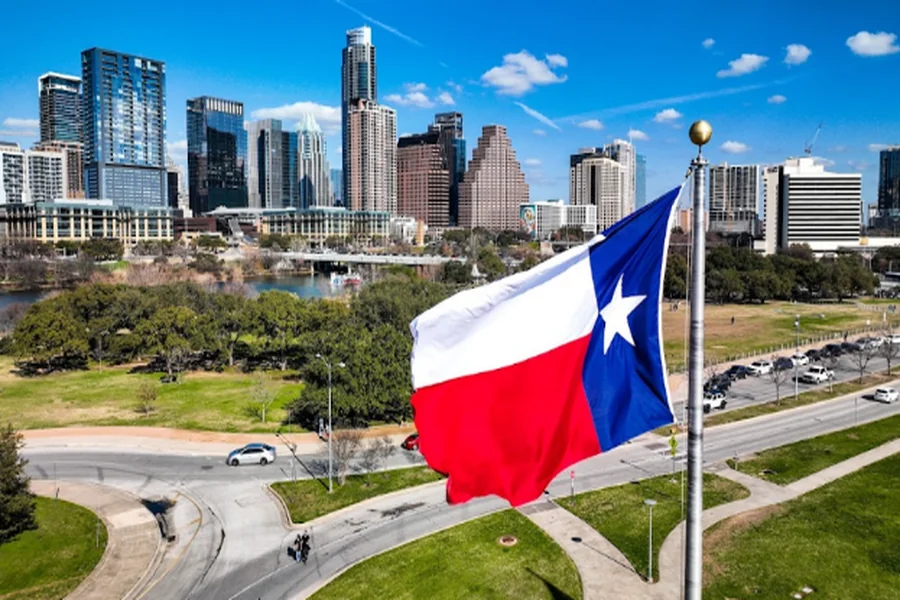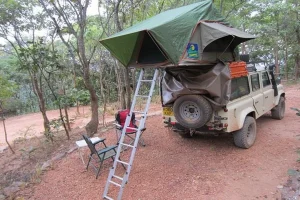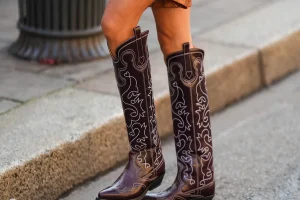Why Resorts Make the Perfect Escape for Modern Travelers

In the middle of Texas Hill Country sits Fredericksburg, a small town that’s been accidentally—or maybe deliberately—crafted into the kind of place that’s easy to stay in too long. Streets are lined with old buildings, too many of them turned into wine bars or antique shops. The air smells like oakwood and brisket half the time. People aren’t in a rush. They’ll let you cross the road slow, maybe wave as they drive past. It’s the kind of town where even cynics start to loosen up a little. And tucked just outside the town limits, a resort in Fredericksburg takes that feeling and builds on it, layering in space, comfort, and the kind of quiet modern travelers rarely get anymore. This place really hits the mark. Whether you’re wiped out from the city grind or just trying to escape your own cluttered head, it works. A few things might be overpriced, the pool’s not always heated, and you’ll probably forget sunscreen again—but none of that really matters once you’re there.
Resorts Offer the Best of All Worlds
Modern travelers want more than just a bed and a roof. They want comfort, convenience, and memorable experiences. Resorts are designed to provide all of these in one place, making them a great fit for anyone who wants to make the most of their trip. Instead of spending time planning every detail, guests can focus on enjoying themselves because many of their needs are already taken care of.
For instance, if you’re planning a getaway that combines relaxation with scenic charm, a resort in Fredericksburg gives you the chance to enjoy peaceful lodging surrounded by Texas Hill Country beauty. Firefly Resorts is one example, offering tiny homes and RV sites with resort-style amenities such as pools, a clubhouse, and community events. They create an environment where guests can unwind, connect with others, and experience Fredericksburg in comfort. Their approach blends the best of relaxation with a sense of community, making it clear why resorts are the perfect escape.
Why Modern Travelers Are Choosing Stagnation
Movement gets romanticized. Hopping cities, chasing beaches, ticking countries off some invisible list. But more people are starting to realize that stillness has value. That sitting in one place for a few days, surrounded by comfort and quiet, does more for the brain than constant motion. Resorts support that kind of stillness without it feeling boring. You’ve got just enough going on—a spa, a lazy pool, maybe a short trail or two—to feel like you’re doing something, even when you’re not doing much.
There’s something refreshing about having nothing required of you. You don’t have to dress up unless you want to. You don’t have to post about the trip or make it look impressive. You don’t even have to talk to anyone. You’re left alone, but comforted. That’s rare. Most places either suffocate you with options or leave you stranded with none. Resorts hit the balance. Not perfectly, but close enough.
Imperfection and Appeal
The truth is, resorts aren’t flawless. They’re really not trying to be. A lot of them get little things wrong—pillows too soft, breakfast cold by the time you get there, awkward service from a tired staffer who’s clearly on hour nine of their shift. But those imperfections make them feel real. Like places run by humans, for other humans. When a resort owns its mistakes, fixes what it can, and doesn’t pretend to be something it’s not, that honesty builds trust. You feel comfortable settling in.
And maybe the pool chairs are always full, or someone’s kid keeps running down the hallway past midnight. These things happen. But you still sleep better there than you do at home. You wake up slower. You let your body rest. That’s the thing most travelers don’t realize until day two of a resort stay. The body adjusts. Muscles stop bracing. Shoulders drop. The tension that’s been hiding in your back or neck just fades out quietly.
Design That Helps People Shut Off
A good resort isn’t packed with decor trying too hard. It’s designed to be neutral, soft on the senses. Light wood, big windows, heavy curtains for when you’ve had enough of the light. Furniture you can sink into without thinking about posture. These details matter. They make it easier to shut down the part of your brain that’s always alert. The one that scans, judges, processes. That part quiets down when the space stops demanding your attention.
Even the way time moves feels different. Mornings last longer. Meals stretch out. You might read a whole book without checking your phone. A lot of modern travelers say they want that. Fewer actually achieve it. Resorts make it possible. They help you forget what you were supposed to be doing, and that’s the whole point.
Real Time to Do Nothing
Most travelers don’t get enough of this. They fill every gap with something. A tour. A hike. A restaurant with a line out the door. At a resort, doing nothing is expected. Encouraged, even. Nobody looks twice when you sit around for hours. You might even get a smile from a passing staffer who gets it. That kind of permission—quiet, unspoken, but total—is worth more than free upgrades or fancy cocktails.
There’s no pressure to show off your trip. It’s yours. You don’t owe anyone photos or updates. You might send one, but only if you feel like it. You don’t have to be impressive. Just present.
Why It Still Works
People keep returning to resorts because they deliver. Not always perfectly. Not always cheaply. But consistently. The beds are comfortable enough. The food is usually good. The air feels cleaner. The silence hits deeper. And for a lot of travelers—especially the ones not chasing content or clout—that’s more than enough.
Fredericksburg’s own resort scene captures this beautifully. A resort in Fredericksburg does more than offer beds and meals—it gives you back your time. Whether you’re slumped from overwork or just done with crowds, the shift is almost instant. Mornings come with slow coffee. Nights come with heavy sleep. You’ll probably forget your charger or misplace your sunglasses. Maybe the front desk will give you a loaner. Maybe they won’t. But you’ll figure it out. And that’s fine. That’s part of the escape too.
When you finally leave, you’ll feel like someone unplugged you and then plugged you back in again. A little brighter. A little slower. Not fixed, but less frayed. You’ll probably mess it all up again in a week. But for a few days, you really got out.








